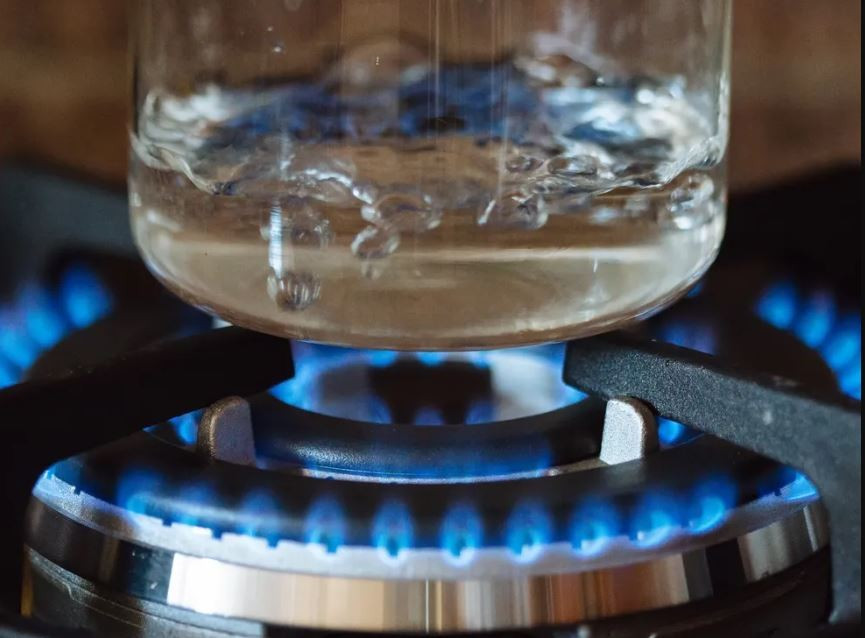
Nanoplastics and microplastics (NMPs), extremely small plastic particles ranging in diameter from 1/1 millionth of a millimeter to 5 millimeters, have now become a widespread source of pollution across the Earth.
They're everywhere, from the bottom of the deep sea to the top of Everest; trapped inside volcanic rocks; found in the intestines of seabirds; and even falling with the snow in Antarctica.
Right now, in the air we breathe, in the food and water we consume daily, there are countless NMPs invisible to the naked eye, entering each person's body.
The health effects of microplastics are still being studied, but scientists suspect they may accumulate in the body and affect the gut microbiome. This issue is receiving increasing attention, and people are consciously seeking ways to limit their intake of microplastics.
Recently, a study by scientists in Jinan, China, revealed a simple and effective solution to remove most microplastic particles from drinking water: boiling the water.
In their study, Chinese scientists reported finding microplastic particles in 129 out of 159 tap water samples from 14 countries around the world .
Dr. Eddy Zeng at Jinan University in China and his colleagues tested tap water samples taken from Guangzhou, China, which had an average microplastic content of 1 mg/liter, and boiled the water for 5 minutes.
Scientists then re-measured the levels of microplastic particles and found that they had decreased by more than 80%.
"We estimate that the amount of NMP absorbed through boiled water has decreased by 2-5 times compared to drinking tap water," said Zeng.
Researchers explain that when water is boiled, natural calcium carbonate precipitates into a white, powdery solid called limescale, and this substance traps microplastic particles. In the case of hard water, more microplastic particles are removed because hard water typically contains a higher calcium content than soft water.
Dr. Sasha Adkins, a senior lecturer in Environmental Health Sciences at the University of Massachusetts Amherst (USA), said that boiling water itself does not eliminate or make microplastics disappear, but rather "traps" NMPs in clumps along with minerals in the water.
You can simply use a basic coffee filter to remove limescale and the microplastic particles in it, but remember not to use a plastic filter, otherwise you won't achieve the desired result, Dr. Adkins noted.
Drinking boiled and cooled water is a common habit in many Asian countries. However, in many countries around the world, people are accustomed to drinking tap water directly from the faucet or bottled water, thus inadvertently overlooking the potential for microplastic absorption.
Earlier this year, a study drew attention when it revealed that a typical liter of bottled water contains nearly a quarter of a million microplastic particles – 10 to 100 times higher than previously estimated.
The findings of Chinese researchers show that boiling water is a simple but effective way to remove NMPs from household tap water.
In addition, Dr. Eddy Zeng added: "Boiling water also has several other benefits, such as killing bacteria and parasites and removing heavy metals."
Source








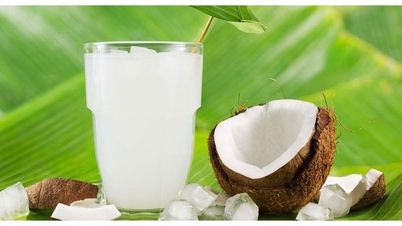

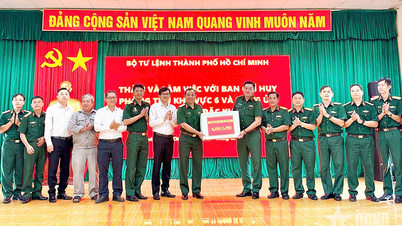

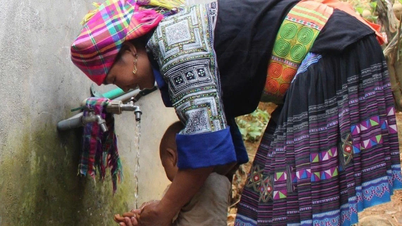

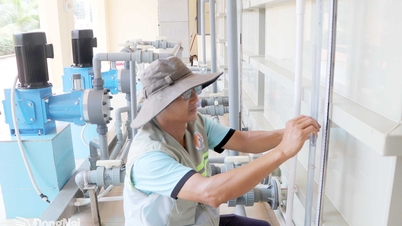




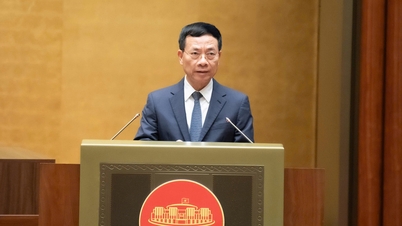







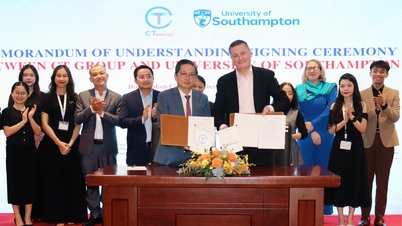

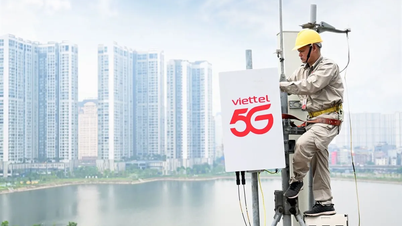






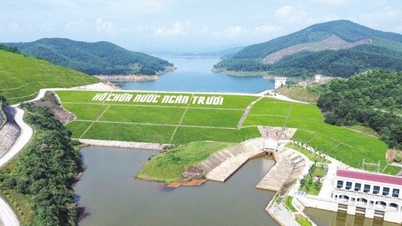
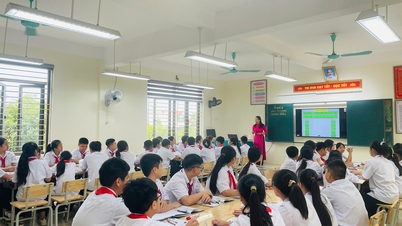
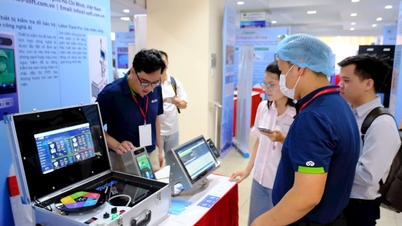
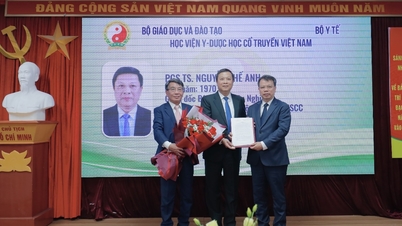




































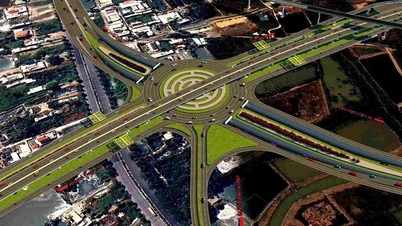








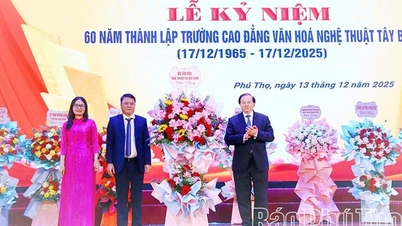
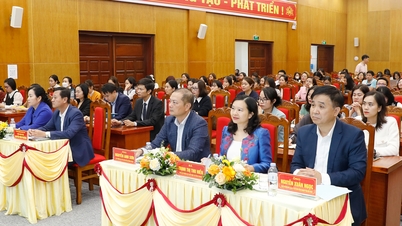

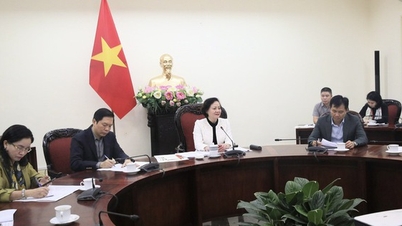
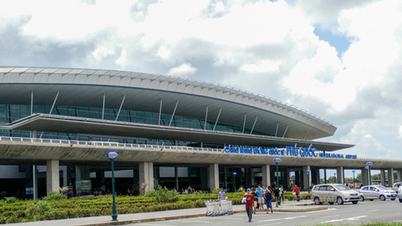
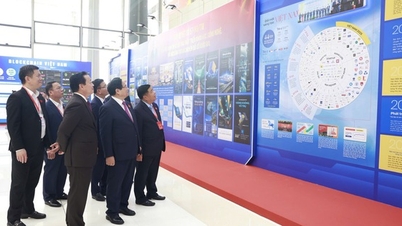
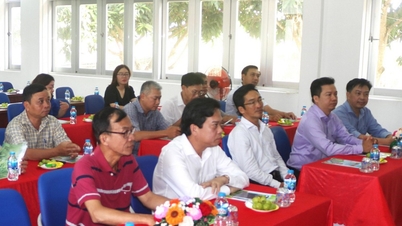

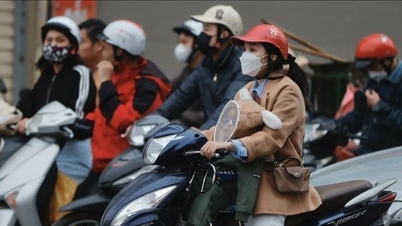

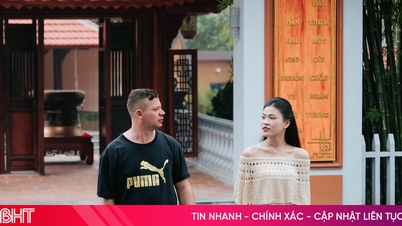



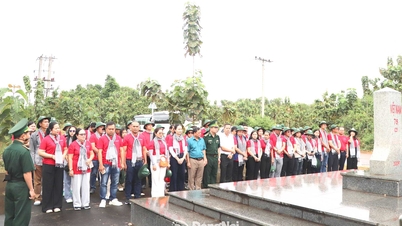














Comment (0)